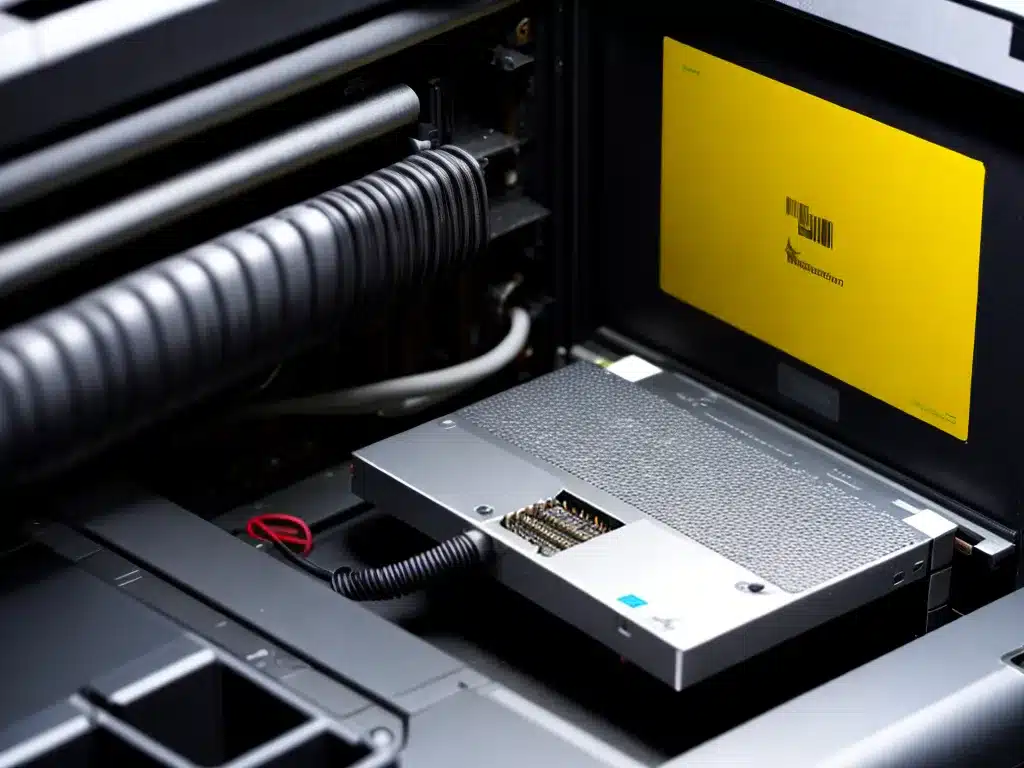
Getting the most out of an aging computer can seem daunting, but with a few simple tweaks and good habits, you can dramatically improve your old PC’s performance. Here are some quick fixes to help maximise your older machine’s speed and efficiency:
Clean Up Your Hard Drive
Over time, hard drives accumulate unnecessary files that take up valuable storage space and slow things down. Follow these steps to clean up your hard drive:
-
Run Disk Cleanup – This built-in Windows tool removes temporary files, empties the recycle bin, and clears out other unneeded data.
-
Uninstall unused programs – Get rid of software you no longer use. They take up space and can slow down boot times.
-
Remove duplicate files – Use a duplicate file finder to delete redundant copies of files cluttering up your drive.
-
Move files to external storage – Store media files and other data on an external hard drive to free up internal drive space.
-
Delete System Restore points – These can quickly consume drive space. Remove all but the most recent restore point.
Add More RAM
One of the best ways to make an older computer feel faster is to upgrade its RAM. Adding more memory allows the computer to run more applications and browser tabs simultaneously without slowing down. For most older PCs, increasing the RAM from 2GB to 4GB or 8GB can provide a significant speed boost.
Change Background Apps and Processes
Many apps and processes run in the background, consuming RAM and processor power. Limit these to only essential services:
-
Disable startup programs you don’t need launching when your PC boots up.
-
Close unused browser tabs and apps that run in the background.
-
Turn off visual effects like transparency and animations in your OS display settings.
-
Stop resource-hogging processes like search indexers by opening Task Manager and ending their tasks.
Maintain Your Computer
Use good computer hygiene habits to keep your system running efficiently:
-
Run scans with your antivirus software to detect malware that may be slowing things down.
-
Clean your machine physically with compressed air to remove dust buildup that can cause overheating.
-
Defragment your hard drive about once a month to optimise data storage.
-
Restart regularly to clear out memory and allow updates to install.
Adjust Power Settings
Check your power plan settings to maximise performance when needed:
-
Set CPU performance to “High” when plugged in to disable CPU throttling.
-
Put drives to sleep when on battery to conserve power.
-
Disable fast startup to perform full shut downs rather thanhybrid sleep states.
With this combination of maintenance, optimisation, and habit formation, you can enjoy surprisingly snappy performance from a trusty older PC. Taking the time for some quick fixes will save you money while getting the most out of your computer.












